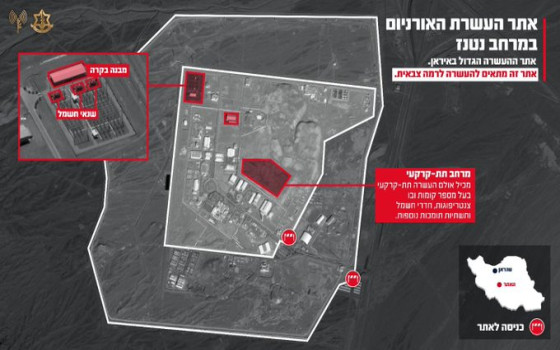
Latest developments and details of the Israeli strike against Iranian military and nuclear leaders and facilities

- Europe and Arabs
- Friday , 13 June 2025 12:23 PM GMT
Capitals: Europe and the Arab World
Iranian Foreign Minister Abbas Araqchi said that what he described as Israeli "aggression" against Iran would not have occurred without the approval of the United States. He affirmed that Iran's right to respond is legitimate under Article 51 of the UN Charter, emphasizing that his country will defend itself with all its might. Araqchi also called on the International Atomic Energy Agency, represented by its Director-General, Grossi, to condemn this "Zionist aggression," noting that Iran is a state committed to the Nuclear Non-Proliferation Treaty.
For his part, Israeli Defense Minister Yisrael Katz said that the Hebrew state's army had achieved a major accomplishment and accurately struck leaders of the Revolutionary Guard, the army, intelligence, and Iranian nuclear scientists.
Israel launched exceptional strikes at dawn on Friday targeting strategic Iranian sites and prominent leaders, including the chief of staff of the army and the Revolutionary Guard, and nuclear scientists, in what is considered the most violent and precise operation since the escalation of tensions between the two countries. According to what was published by the Brussels-based European news network Euronews, Israel launched a large-scale military operation at dawn on Friday, described as unprecedented, targeting strategic sites in Iran, including nuclear facilities and residential areas belonging to senior military and scientific leaders in the Islamic Republic, killing six of them.
Iranian Supreme Leader Ali Khamenei and state media announced the deaths of a number of commanders and scientists, and Khamenei confirmed that their successors and colleagues would assume their duties "immediately."
The Iranian commanders and scientists whose deaths have been announced so far:
The American website Axios quoted an Israeli official as saying that the strike targeted "a number of senior Iranian military leaders and senior nuclear scientists." The Israeli website Walla, citing security sources, reported that there is a strong possibility that "the entire Iranian General Staff" has been eliminated, including the Chief of Staff and nuclear scientists.
The Iranian media revealed the most prominent figures killed in the airstrikes:
Major General Hossein Salami, Commander of the Iranian Revolutionary Guard. Major General Mohammad Bagheri – Chief of Staff of the Iranian Armed Forces and the highest-ranking officer in the Iranian military.
Major General Gholam Ali Rashid – Commander of the Khatam al-Anbia Military Headquarters.
Ahmad Reza Zolfaghari – Professor of Nuclear Engineering.
Mahdi Tehranji – Prominent Nuclear Scientist.
Targeted Sites:
The New York Times reported, citing an Iranian official, that the Israeli attack targeted several locations in the capital, Tehran, including:
The vicinity of Tehran International Airport
Shahid Mahallati neighborhood
Pasdaran, Niavaran, Lavizan, and No Bonyad streets
Parchin area
These areas are considered upscale neighborhoods in northern Tehran and include several important official offices and military centers, as well as the residences of many Iranian officials and leaders. The official indicated that at least three residential buildings were destroyed as a result of the raids. Iranian television announced the targeting of other facilities, including:
Natanz – the famous nuclear site. Israeli Channel 12 confirmed that the Natanz nuclear facility was destroyed. Iranian television showed images of thick smoke rising from the site, saying that "the Natanz enrichment facility was hit several times" by Israeli airstrikes. An Iranian source confirmed that "there were no signs of nuclear contamination" following the Israeli attack on the strategic site.
Khandab area
Khorramabad city
Tasnim News Agency also reported that explosions were heard in several Iranian provinces, including
Kermanshah
Lorestan
Iranian television explained that some of the sounds heard in Tehran were linked to direct Israeli attacks, while others were believed to be linked to Iranian air defense systems attempting to intercept missiles.
An Israeli military spokesman announced that Iran launched 100 drones in an attack on Israel, noting that the Israeli Air Force is currently working to deal with them and that they were shot down outside Israel's borders, i.e., over neighboring countries. For his part, the Commander-in-Chief of the Iranian Armed Forces confirmed that Iranian forces had received orders to carry out "severe punishment" against what he described as "aggressors."
The Iranian government said it affirmed its "legitimate right to retaliate" and that the response would be "firm and severe" against Israel.
Iranian Supreme Leader Ali Khamenei announced the deaths of a number of commanders and scholars in the Israeli attack carried out early Friday morning on multiple sites inside Iran, stressing that their successors and colleagues would immediately resume their duties. Khamenei threatened Israel with "severe punishment."
In the same context, the spokesman for the General Staff of the Iranian Armed Forces threatened that the United States and Israel would "pay the price," without providing further details.
In contrast, Israeli Army Radio reported, citing an intelligence source, that the assessment presented to Israeli Prime Minister Benjamin Netanyahu included the possibility of an Iranian response within a few hours of the incident.
The source indicated that the Iranian strike could include the launch of hundreds of ballistic missiles toward Israel.
The Israeli Home Front Command called on citizens to "stay near bomb shelters at all times," in light of expectations of a rapid and intense Iranian response.


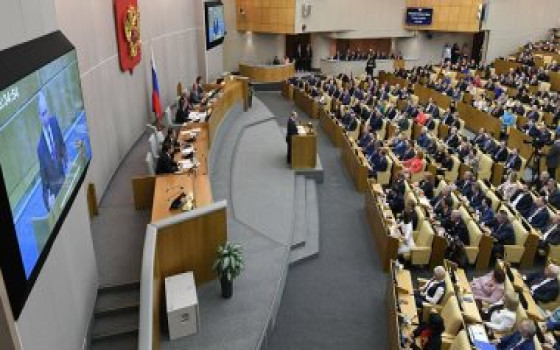
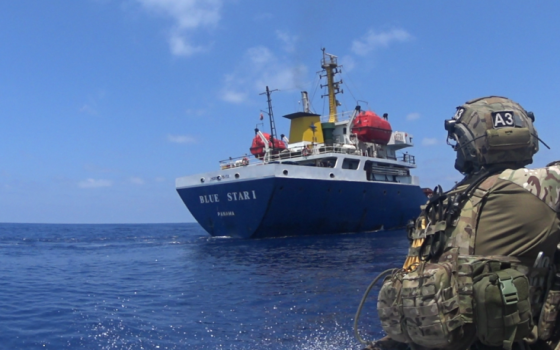
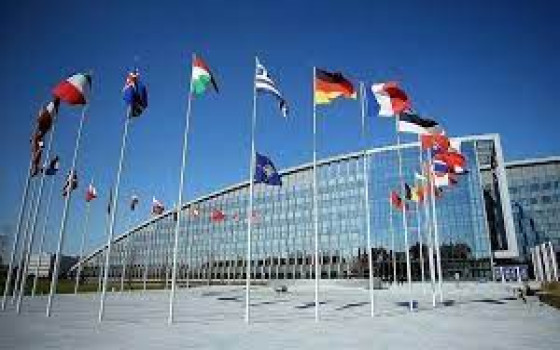
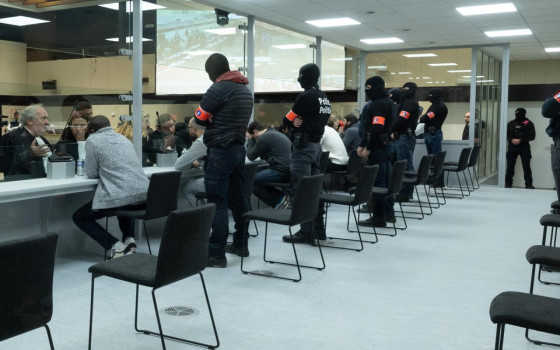
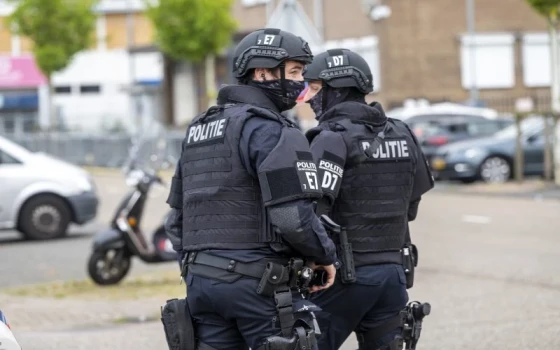
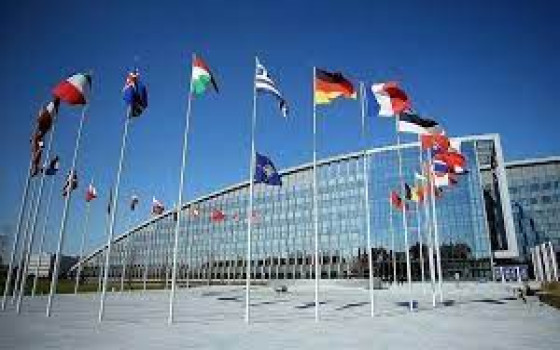
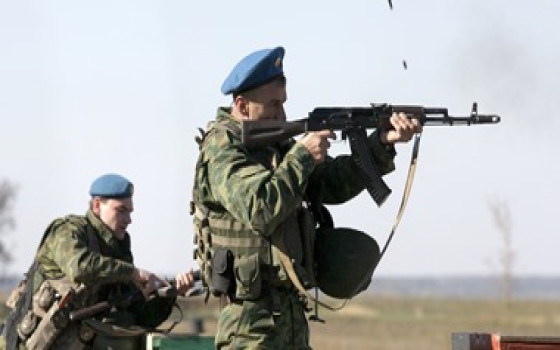
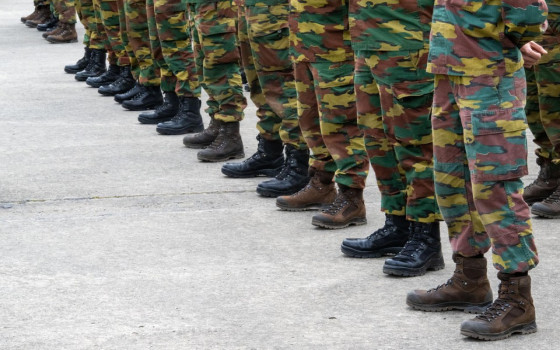

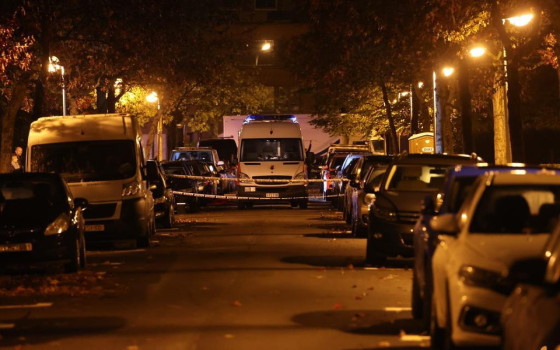
No Comments Found